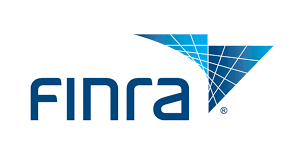New Rule Virginia recently added Section F to 21 VAC5-80-200 (Dishonest or Unethical Practices), which provides: “For purposes of this section, any mandatory arbitration provision in an advisory contract shall be prohibited.” Background On June 27, 2019, Virginia issued a proposal to amend certain regulations administered by the Virginia Division of Securities. The State Corporation…
Continue reading ›EXPERIENCED NY SECURITIES
LITIGATION ATTORNEYS






